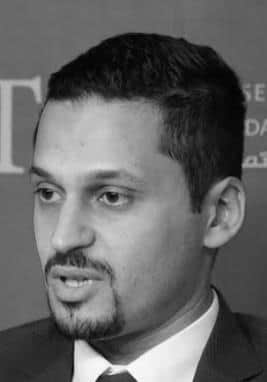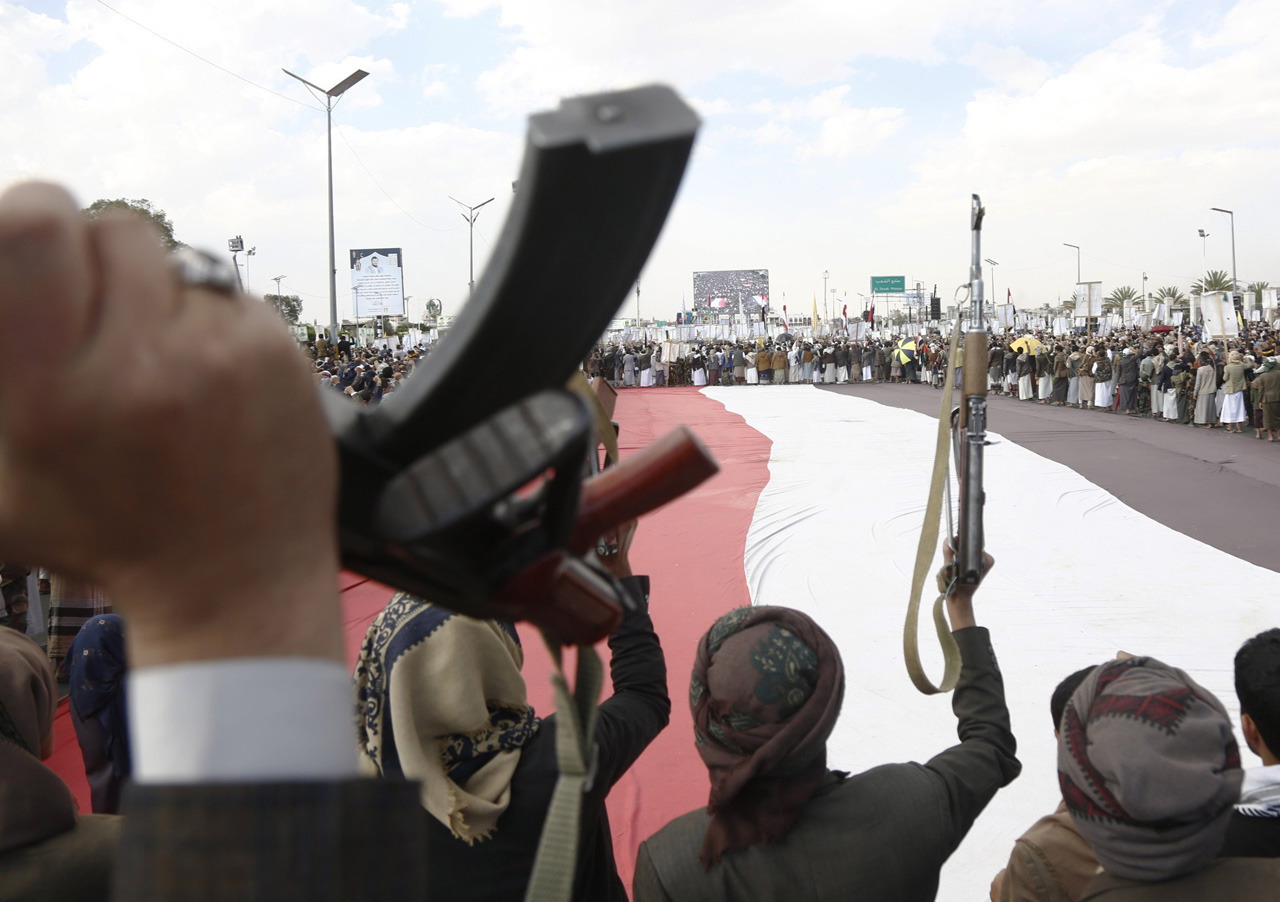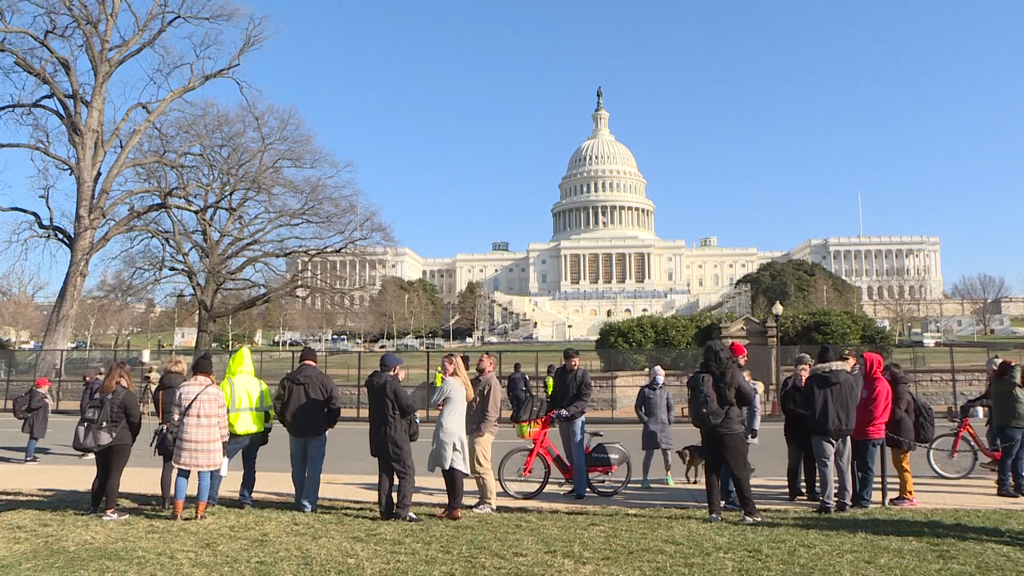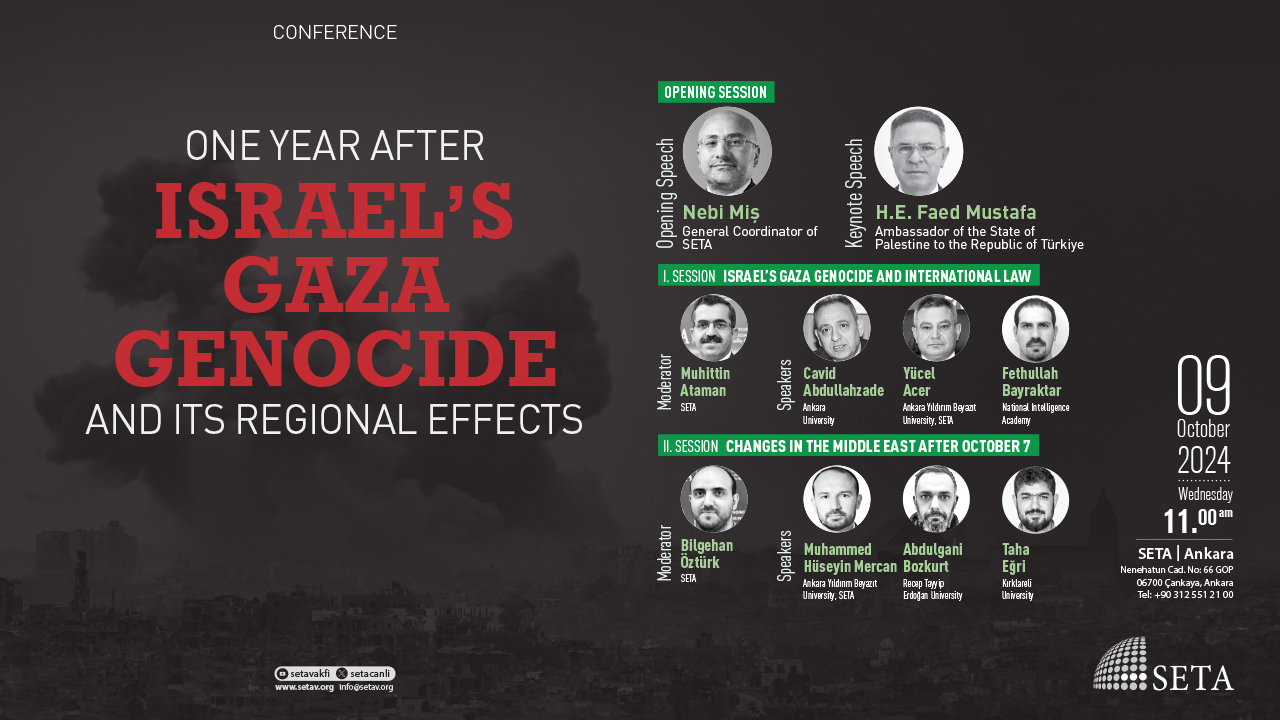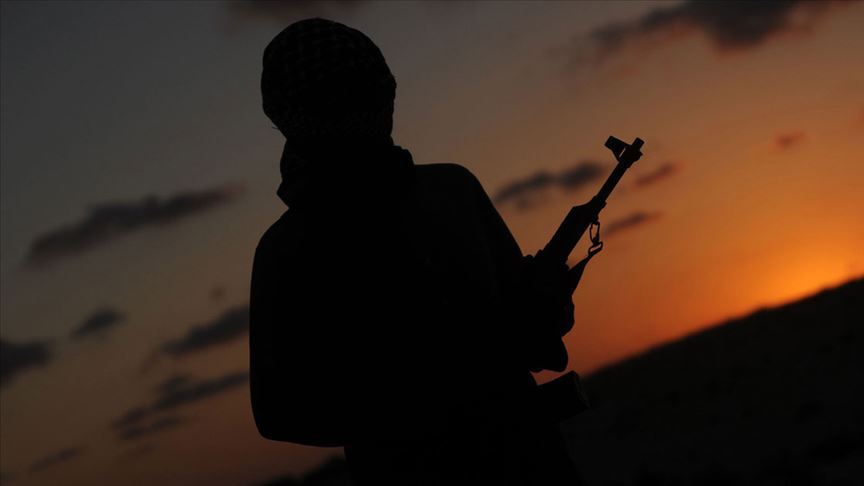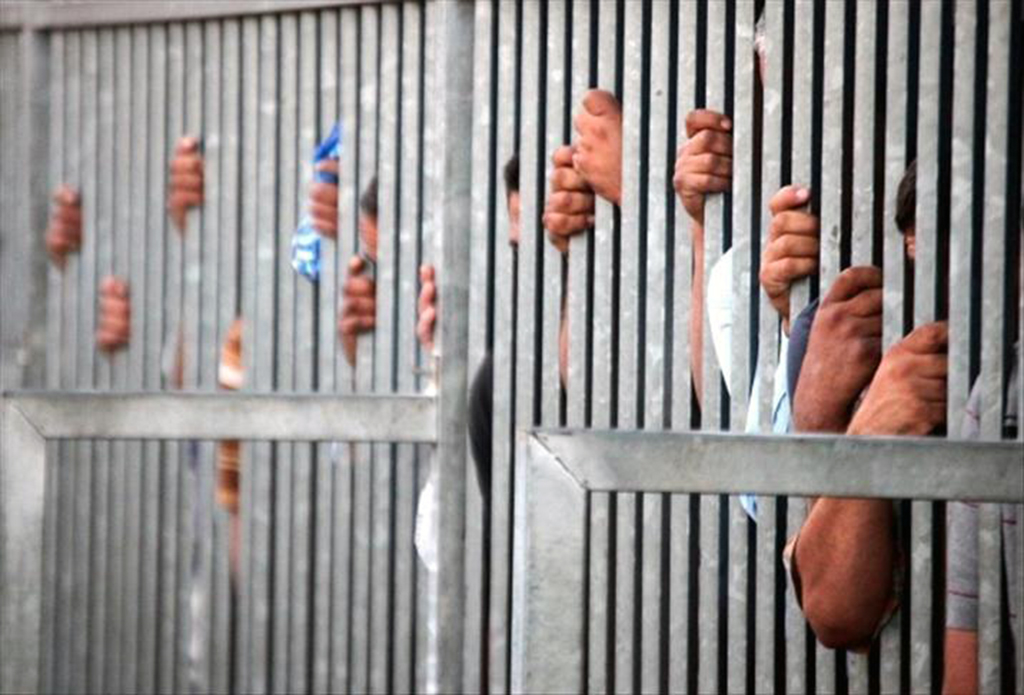
Criminalizing Muslim Civil Society in the West | The Muslim Brotherhood Allegation
What is the history of designating the Muslim Brotherhood in the United States a “Terrorist Organization”? What are the implications of the Brotherhood label by the western governments? What does the Muslim Brotherhood allegation mean? How are Muslim civil society organizations threatened by the designation of the Brotherhood as a terrorist organization?
A recent initiative taken by the U.S. president to designate the Muslim Brotherhood as a “Foreign Terrorist Organization” (FTO) has sparked criticism from different directions. Most of the criticism was warning of a strategic mistake for the sole lasting superpower’s foreign policy. Neither is the call to designate the Brotherhood new, nor is the criticism thereof. Texas Republican Senator Ted Cruz had already sponsored a document in November 2015 for review by the Senate Foreign Relations Committee, which was approved by the House Judiciary Committee on February 24, 2016. While this did not go through, Senator Cruz again introduced a bill to designate the Brotherhood as a FTO on January 11, 2017, which again failed.
According to the New York Times, the order to look again at the designation came in the wake of the Egyptian president Abdel-Fattah Sisi’s visit to the White House on April 9, 2019. But the reality of the United States’ relationship with the Brotherhood has been oscillating between “a principled attitude and a politically motivated approach,”1 as Mohamed-Ali Adraoui from Georgetown University’s School of Foreign Service argues. According to Adraoui , irreconcilable ideological differences always came second to political pragmatism.2 The Carnegie Endowment published a list of nine reasons, ranging from legal, diplomatic, pragmatic, to civil rights reasons, why declaring the Muslim Brotherhood a FTO would be a mistake.3 Accordingly, United States law does not permit designation based on ideology rather than violent actions. Such a move would be a politicization of the process, leaving the grounds of rule of legal procedures. Marc Lynch, senior fellow in the Carnegie Middle East...
Tags »
Related Articles
